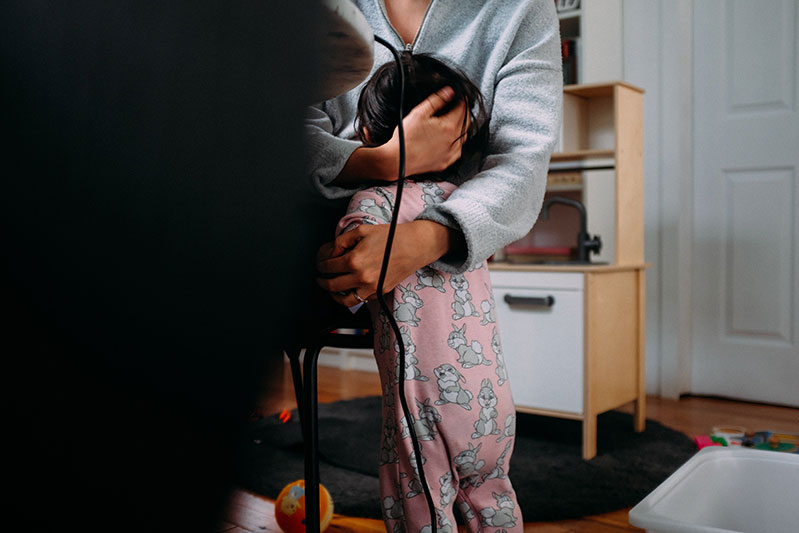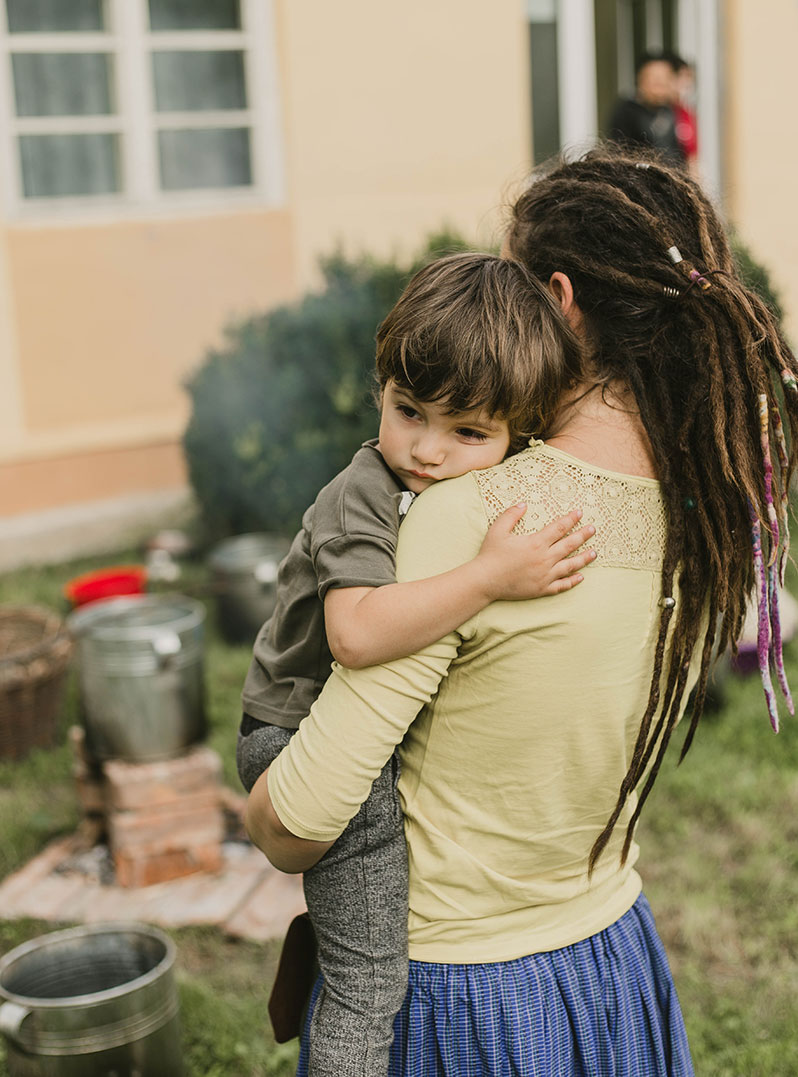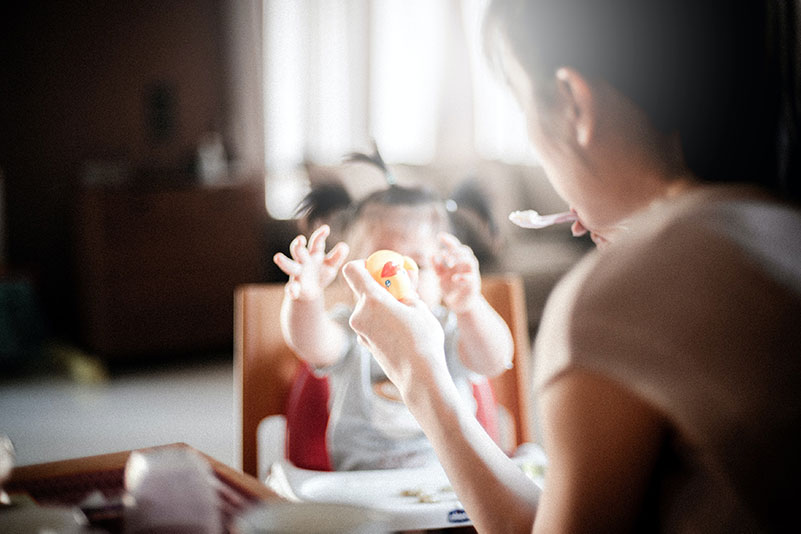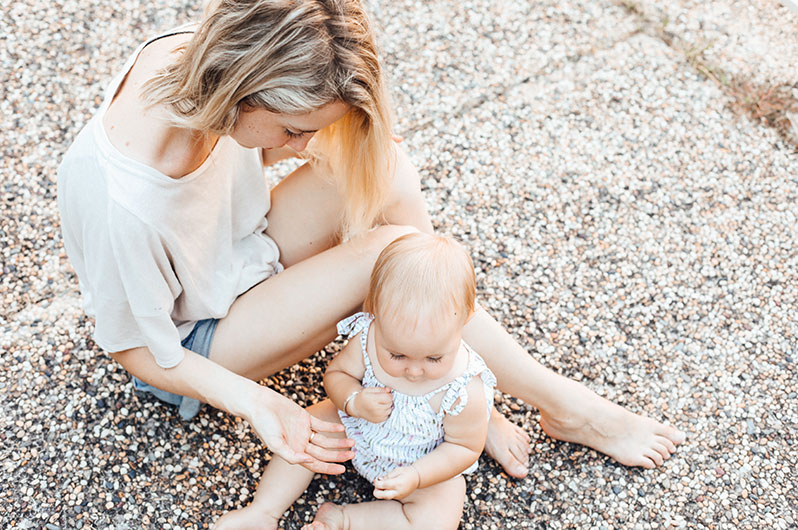Need Help?
What is domestic violence?
In order to provide assistance to women and children in our community, first we need to understand what family violence is and how it looks in real life. It is most important to recognise that family violence is an active participant in the lives of almost 1 in 3 New Zealand women. Violence within the home may present differently from culture to culture and from socio-economic group to socio-economic group.
Many people believe that domestic abuse only includes physical violence when in fact there are many types of abuse. For many of those women and children using our services, physical violence is a very small part of their abuse. Here are the different types of abusive behaviour and what they mean:

Psychological abuse
One of the most common forms of abuse is psychological abuse. Psychological or emotional abuse includes things such as putting you down, minimisation of violence, threatening to harm you or themselves, damaging belongings, stalking, preventing you from contacting your friends or family, isolation, harming or threatening to harm pets, constant criticism, allowing children to witness acts or participate in psychological violence, using children as a tool of control, using coercion and using male privilege. Although there are no physical scars, the damage caused by psychological abuse is harmful and the effects are far reaching without adequate supports. Psychological abuse is never okay.
Physical abuse
Physical abuse can happen once or on a regular basis; either way it is not acceptable. Physical abuse includes punching, kicking, slapping, biting, throwing objects at you, strangling or choking, burning, forcing you to take drugs, preventing you from leaving, or using any kind of object as a weapon to hurt you.
Sexual abuse
Women often experience sexual abuse along with physical abuse. This can include coercion or guilt to engage in the act of sex, forcing you to do sexual acts, forcing you to watch or participate in pornography, making you have sex to stop a fight or calm the situation, demanding you perform sexual acts in order to get access to food or money, or any kind of unwanted touching where you feel uncomfortable.
Coercive Control
Coercive control refers to a pattern of controlling behaviours that create an unequal power dynamic in a relationship. These behaviours give the perpetrator power over their partner, making it difficult for them to leave.
Sometimes, coercive control can escalate into physical abuse. However, even when it does not escalate, coercive control is a form of emotional abuse that can cause psychological trauma.
Coercive control is a form of domestic violence, or intimate partner violence. It describes a pattern of behaviour that a perpetrator uses to gain control and power by eroding a person’s autonomy and self-esteem. This can include acts of intimidation, threats, and humiliation.
Research into coercive control suggests that this type of abuse often predicts future physical violence.
Anyone in any type of intimate relationship can experience coercive control.
We believe coercive control should be introduced as a crime in New Zealand family violence legislation.
Economic abuse
Economic abuse happens when the abuser does not allow you to have a say in money matters and takes control of the money. Your partner could take your money or belongings, not let you work or force you to work, check up on every cent you spend, keep money for themselves while you struggle to buy necessities for you or your children, gamble your money away, force you to do anything illegal moneywise, put debts in your name, or not contribute to the costs of your children.
Spiritual abuse
This kind of abuse refers to an attack on your soul or wairua. Spiritual abuse includes stopping you from expressing your spiritual or religious beliefs, putting down your faith, stopping you from following your dreams, cutting you off from your cultural heritage and/or preventing you from being you.
Violence always includes a fear factor
Women and children are afraid to express an opinion or make a decision. They often walk on ‘eggshells’, worrying what will happen if they do something that the abuser doesn’t like. They are afraid that no one will believe them, and things will be worse if they tell someone. They may be ashamed, think that they deserve it, or that they are to blame for the violence.
Eastern Refuge Society – Our services
We offer the following free and confidential services:
- 0800REFUGE 24-hour crisis line
- Residential safe housing
- Residential and community-based social work
A family does not have to be in residential care in order to receive support from Refuge. Some women take the option of community-based support and staying within their own home environment. Effective community-based interventions mean that this is often a less invasive and comforting alternative for the family/whanau, whilst respecting cultural diversity. Refuge has specifically trained workers who can support in this situation.
- Domestic Violence and Abuse (DVA) approved programmes for both women and children (Stepping Stones and Mana Tamariki)
- Advocacy with WINZ, Housing New Zealand, police, courts, lawyers, doctors, immigration, schools and Oranga Tamariki
- Referral to community agencies and services
- Collaborations with other key stakeholders to provide services to Auckland Womens Refuge Counties Manukau
Additional services offered
- Training/education to employers/organisations/stakeholders (incurs a fee)
- Training for educational institutes and their students (incurs a fee)
- Public speaking engagements
- Consultancy services
- Community and Service Development
For more information please contact us.

Thinking about leaving?
How is a family admitted to Eastern Refuge Society residential care?
- The Victim/support person/police officer must phone the 24-hour crisis line 0800 REFUGE (733843)
- The crisis line staff will need some details in order to assess eligibility and to help match the client to the best refuge
- The crisis line staff WILL NEED to speak to the victim so she must be prepared to do so
- They will then make a referral to the refuge with appropriate room space if that information is available


Create a Safety Plan
You and your children deserve to feel safe, loved and valued. While considering whether to leave or not, you may be feeling a huge range of emotions. This is normal. Talking to a trusted friend may help you clarify your decision or calling the 24 hour crisis line for a bit of moral support and guidance can also help.
Some important things to consider are that the longer you stay the more dangerous it is for you and your children. There will never be a perfect time to leave, that you will not change their behaviour – it is the abusive person’s responsibility to make changes to their behaviours and, like your decision to leave, they can only do this when they are ready. Unfortunately, they may never be ready in which case, you have some decisions to make and some safety planning to do.
Safety planning:
Women that make a plan to leave, are much more successful at rebuilding their lives and staying safe hence it is a good idea to have a plan in place. If it’s safe, get together a bag that you can leave with a friend or whanau including:
- ID (Birth Certificate, Passport, Drivers License) for you and your children
- spare cash, credit cards (if you have them)
- Copy of bank details and any other important documents like insurance or residency papers
- Any documentation regarding current Protection Orders and or custody
- Any documentation regarding tenancy or property ownership
- Clothing
- Toiletries
- Please note currently pets are not permitted at Eastern Refuge Society safe houses
Help your children understand what is going on. They need to know how to keep safe too. You do not have to tell them all the details, but if they are old enough, it’s important that you include them in your safety planning, if possible. Make sure they are aware of escape routes from your home and that they are aware of a safe neighbour that they can run to and who will call the police.
The most important thing is that you and your children are safe. If the time is right to leave, just leave. It doesn’t matter if you haven’t made a plan.
